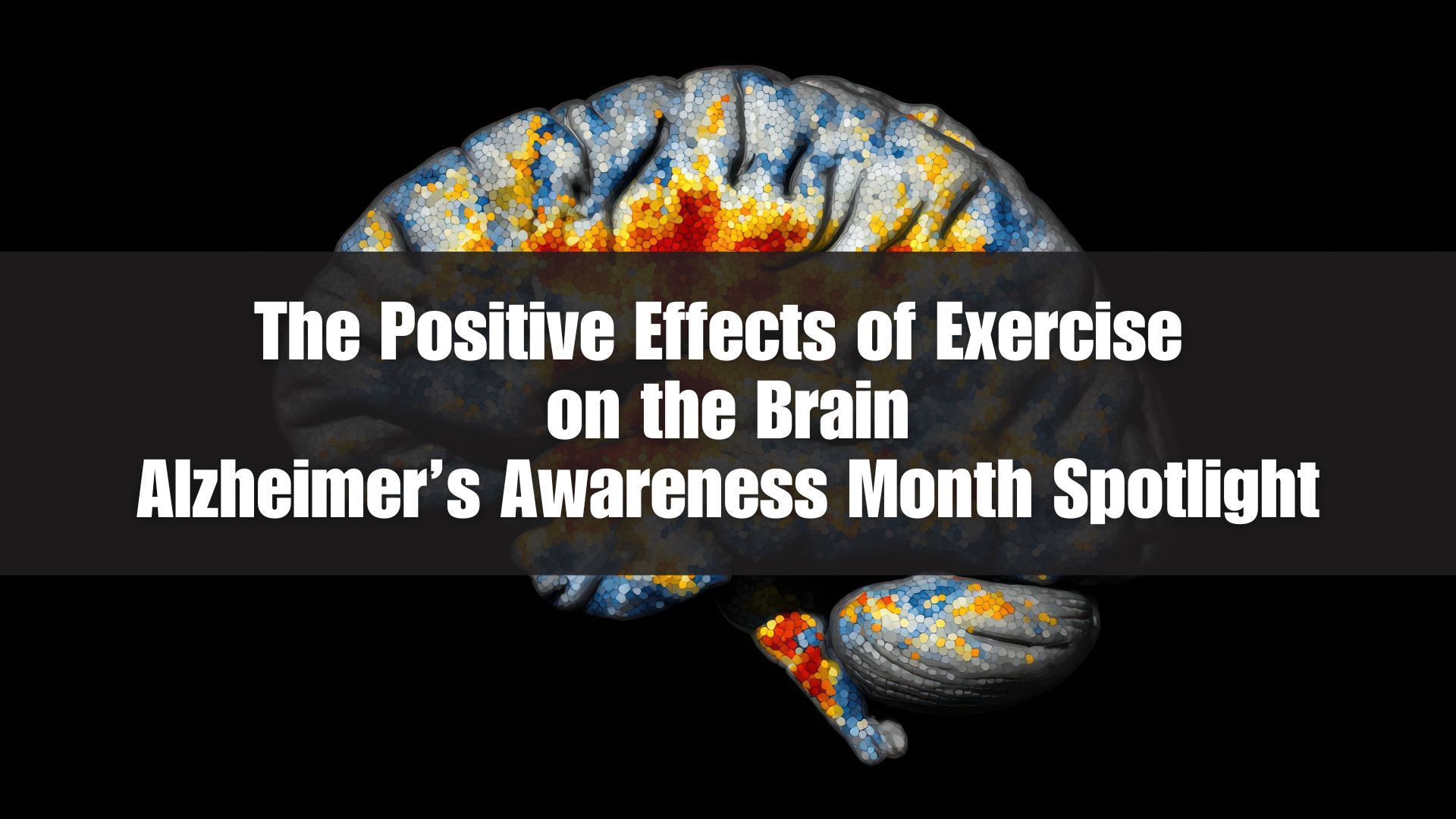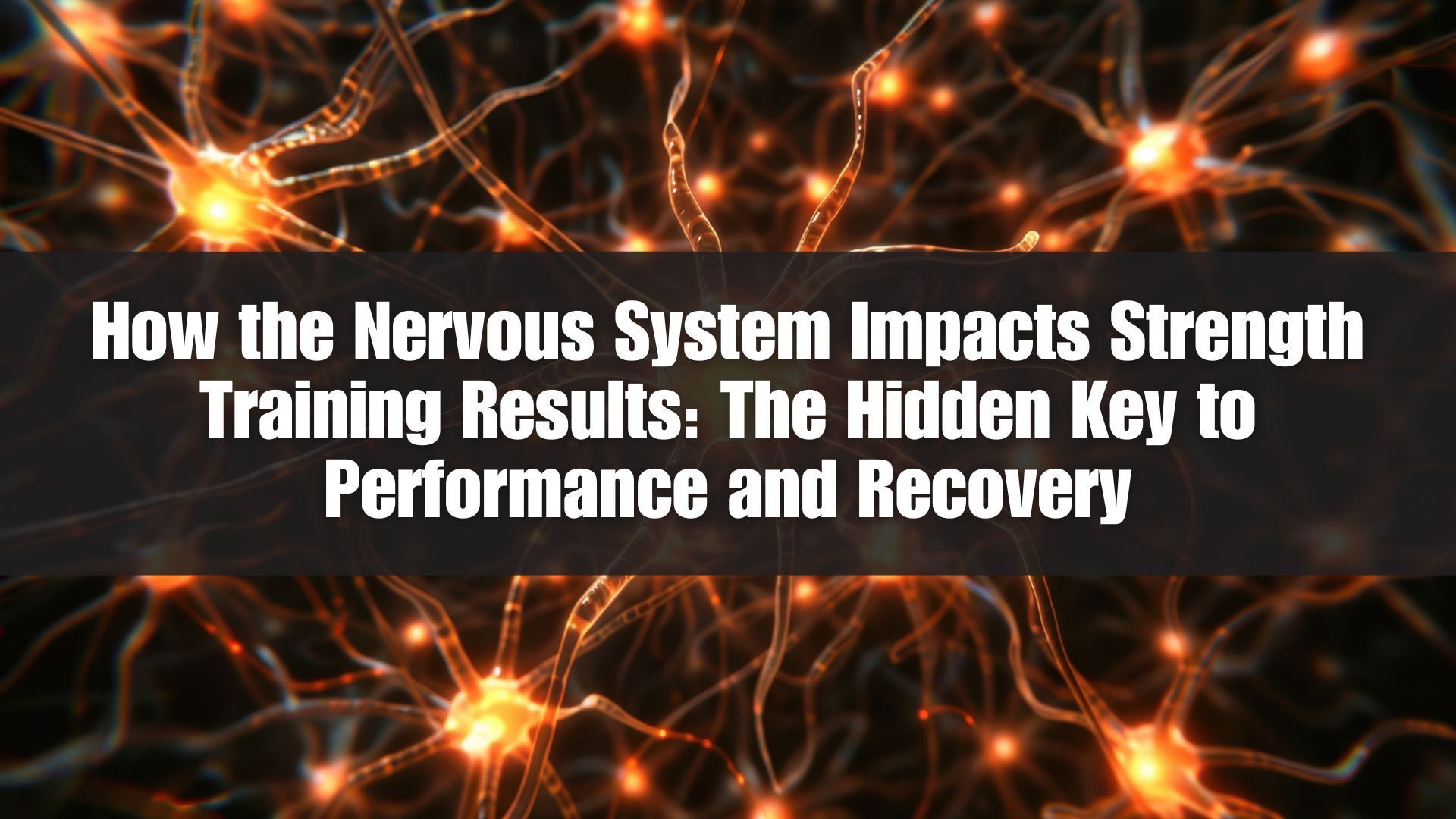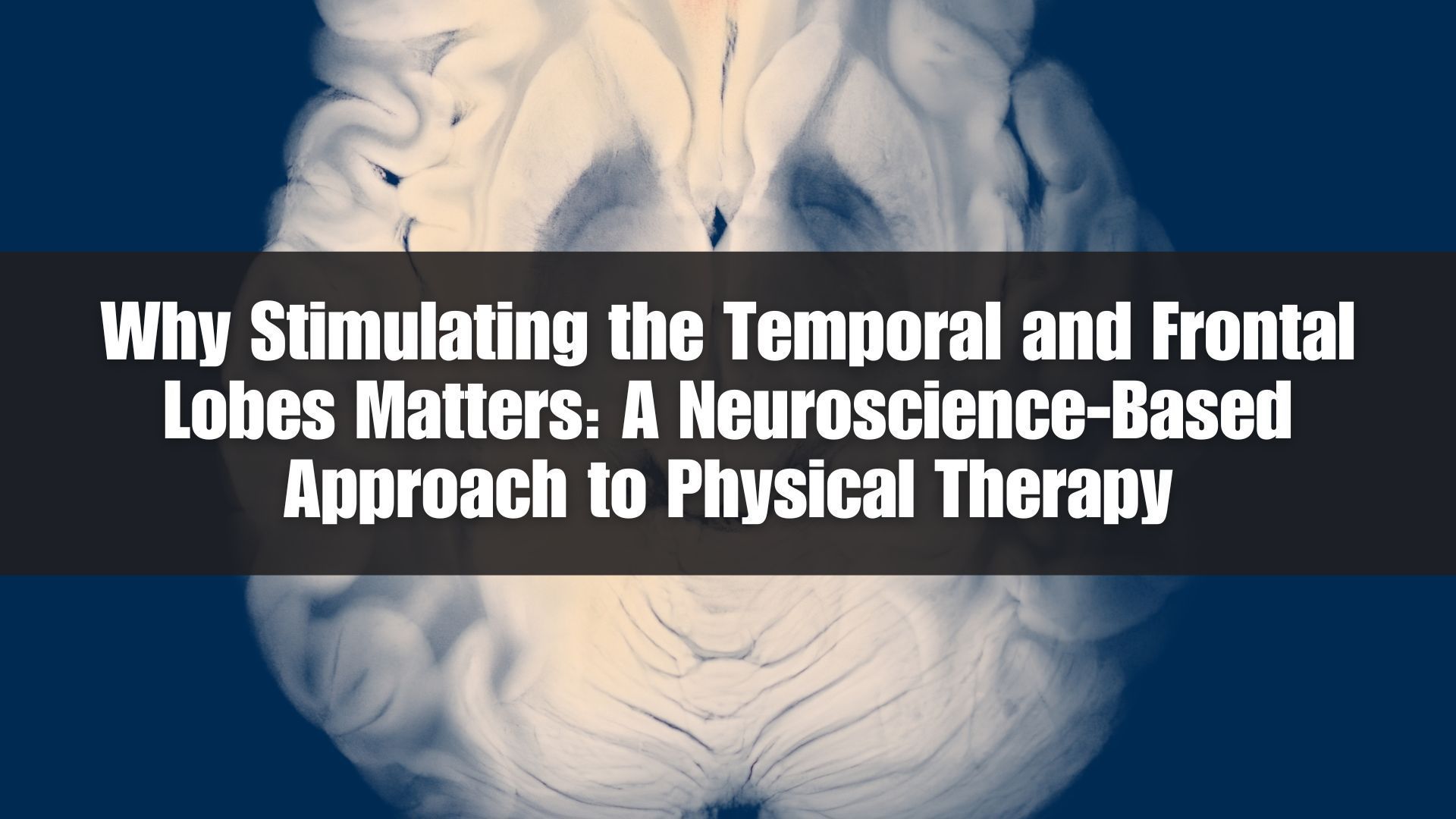The Positive Effects of Exercise on the Brain — Alzheimer’s Awareness Month Spotlight
Discover how exercise improves brain health and reduces Alzheimer’s risk. Learn from Overland Park’s Elevate Physical Therapy & Training how movement strengthens memory, focus, and long-term wellness.

Every October, Alzheimer’s Awareness Month reminds us of the importance of protecting our brain health. While genetics and age play a role, decades of research now show that exercise is one of the most powerful tools for preserving memory, focus, and long-term cognitive function.
At Elevate Physical Therapy & Training in Overland Park, we’ve seen firsthand how movement changes not just the body — but the brain. Through a unique blend of physical therapy, neurology-informed training, and strength coaching, we help people move, think, and feel better for life.
How Exercise Affects the Brain
Exercise doesn’t just make your muscles stronger — it changes your brain at a cellular level. Regular movement stimulates neuroplasticity, the brain’s ability to form new neural connections, and boosts neurogenesis, the creation of new brain cells.
Here’s what happens when you train consistently:
- Improved blood flow: Exercise increases oxygen and nutrient delivery to brain tissue, keeping neurons healthy and active.
- Higher BDNF levels: Physical activity raises brain-derived neurotrophic factor (BDNF), a protein essential for learning, memory, and resilience.
- Better neurotransmitter balance: Movement helps regulate dopamine, serotonin, and endorphins — improving mood, motivation, and mental clarity.
- Reduced inflammation: Regular workouts lower systemic inflammation that can accelerate cognitive decline.
In practical terms, clients often report feeling sharper, calmer, and more focused — even after just a few weeks of consistent training.
Exercise and Alzheimer’s Prevention
Alzheimer’s disease affects more than six million Americans, with numbers expected to rise in coming decades. But lifestyle choices, particularly exercise, can significantly reduce risk.
Studies show that adults who exercise regularly have up to a 45% lower risk of developing Alzheimer’s disease. Even moderate movement — walking briskly, strength training, or participating in group classes — can improve memory and delay cognitive decline.
The mechanisms are well-documented:
- Enhanced cerebral blood flow maintains brain volume and slows age-related shrinkage.
- Improved glucose metabolism keeps neurons energized and efficient.
- Reduced stress hormones protect the hippocampus, the brain’s memory center.
- Lower amyloid buildup (a key feature in Alzheimer’s progression) is linked to regular physical activity.
Exercise is not a cure — but it’s one of the few proven, accessible interventions that strengthens the brain’s defenses long before symptoms appear.
The Best Types of Exercise for Brain Health
Not all workouts impact the brain equally. The best approach blends cardiovascular conditioning, strength work, and coordination challenges.
1. Aerobic Exercise
Activities like walking, cycling, swimming, or interval training improve heart and lung health, which directly supports brain oxygenation. Aim for at least 150 minutes per week of moderate effort.
2. Strength Training
Resistance training enhances muscle mass and bone density while also triggering neurochemical changes that support attention and memory. Even two sessions per week can make a measurable difference.
3. Balance and Coordination Work
Tasks that demand balance, precision, and rhythm — such as single-leg drills, step-ups, or sport-based training — challenge multiple brain regions simultaneously.
4. Neurology-Based or “Dual-Task” Drills
At Elevate, we incorporate
applied functional neurology into movement training. These drills engage the visual, vestibular, and proprioceptive systems — retraining the brain to process information more efficiently.
Examples include:
- Eye-tracking or gaze stabilization during movement
- Coordination tasks combining balance and visual focus
- Reaction-based drills (using lights, targets, or movement cues)
This kind of integrated approach not only enhances physical performance but also keeps the nervous system adaptable and resilient — a crucial factor in long-term cognitive health.
The Mental and Emotional Benefits of Staying Active
Beyond Alzheimer’s prevention, consistent exercise profoundly influences emotional well-being. It:
- Reduces anxiety and depression through hormonal regulation and endorphin release.
- Improves sleep, allowing the brain to clear toxins and consolidate memories.
- Builds confidence and purpose, especially for older adults regaining independence after injury or illness.
- Encourages social connection, an often-overlooked protective factor against cognitive decline.
Many clients describe exercise as their “mental reset button.” Over time, movement becomes less about burning calories — and more about maintaining clarity, stability, and control over how you feel day to day.
Building Brain Health Into Everyday Life
Supporting your brain doesn’t require massive lifestyle changes. Start small, stay consistent, and aim for variety:
- Take a 20-minute walk after meals.
- Lift weights twice per week — even simple dumbbell routines count.
- Try new coordination-based hobbies (pickleball, dancing, yoga).
- Learn or practice skills that combine movement and focus — juggling, balance work, or reaction games.
- Prioritize hydration, protein intake, and sleep to maximize recovery.
Think of each movement session as a daily “investment” in your brain’s longevity and quality of life.
How Elevate Physical Therapy & Training Supports Brain and Body Health
At Elevate Physical Therapy & Training in Overland Park, our approach is different. We don’t just treat pain — we train the brain behind the movement.
Every session integrates three elements:
- Applied Neurology — techniques that improve coordination, visual processing, and balance.
- Manual Therapy — hands-on methods to restore mobility and reduce pain.
- Progressive Strength Training — targeted programs that build durability and confidence for life.
Whether you’re recovering from injury, navigating age-related changes, or simply wanting to stay mentally sharp, our hybrid physical therapy and training model helps you move better and think clearer — efficiently and effectively.
Ready to Strengthen Your Brain and Body?
If you’re in Overland Park and ready to experience how smarter training can improve memory, focus, and overall well-being, we’d love to help. Schedule a free consultation with our team at Elevate Physical Therapy & Training to learn how exercise can support your long-term brain health — and discover firsthand how movement can truly change your mind.





